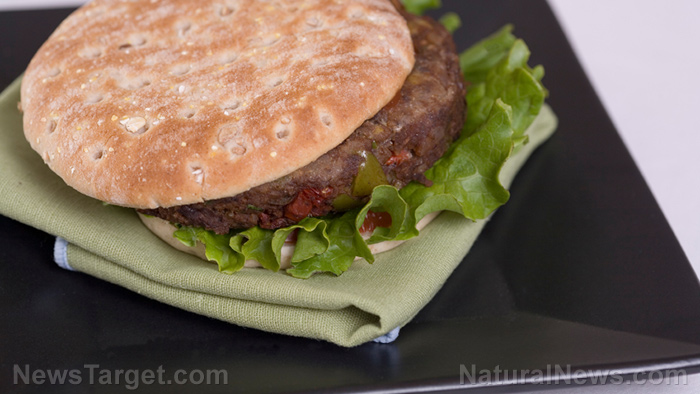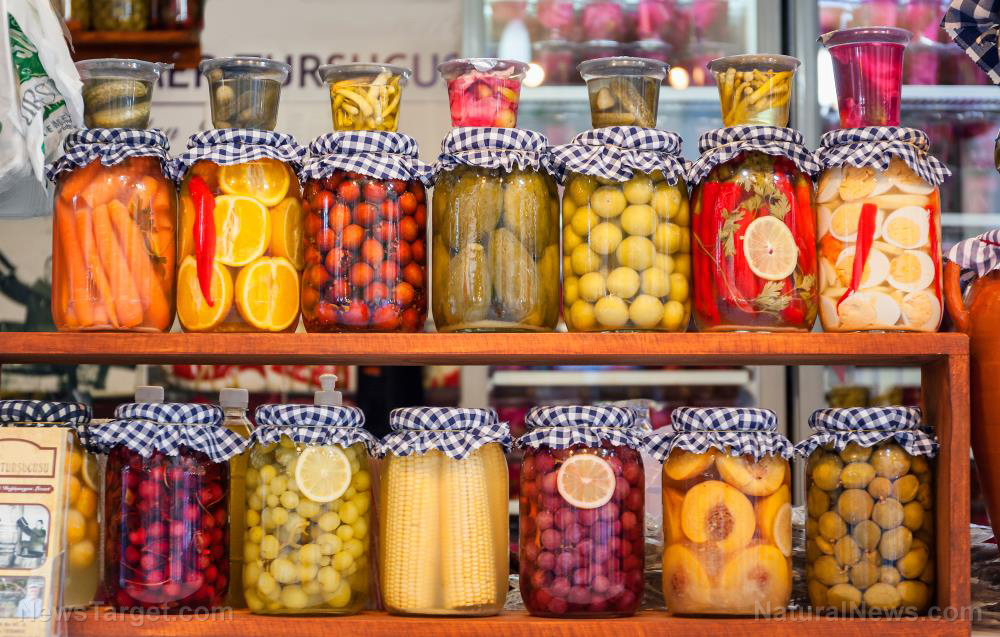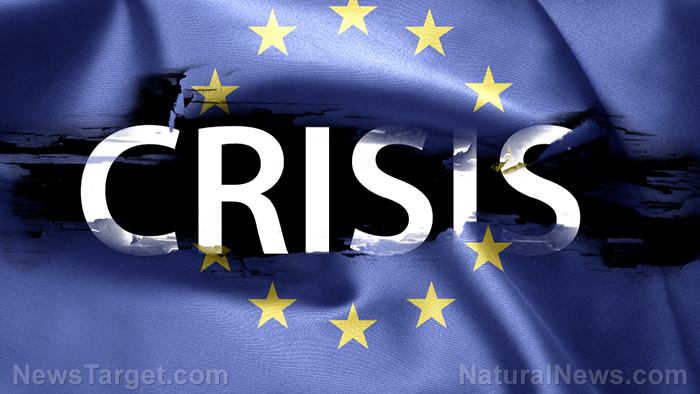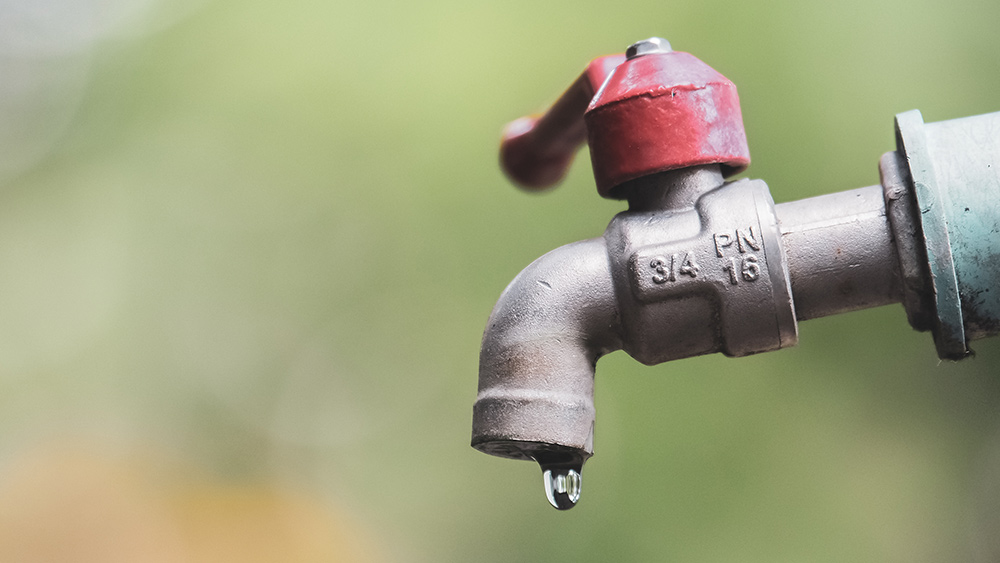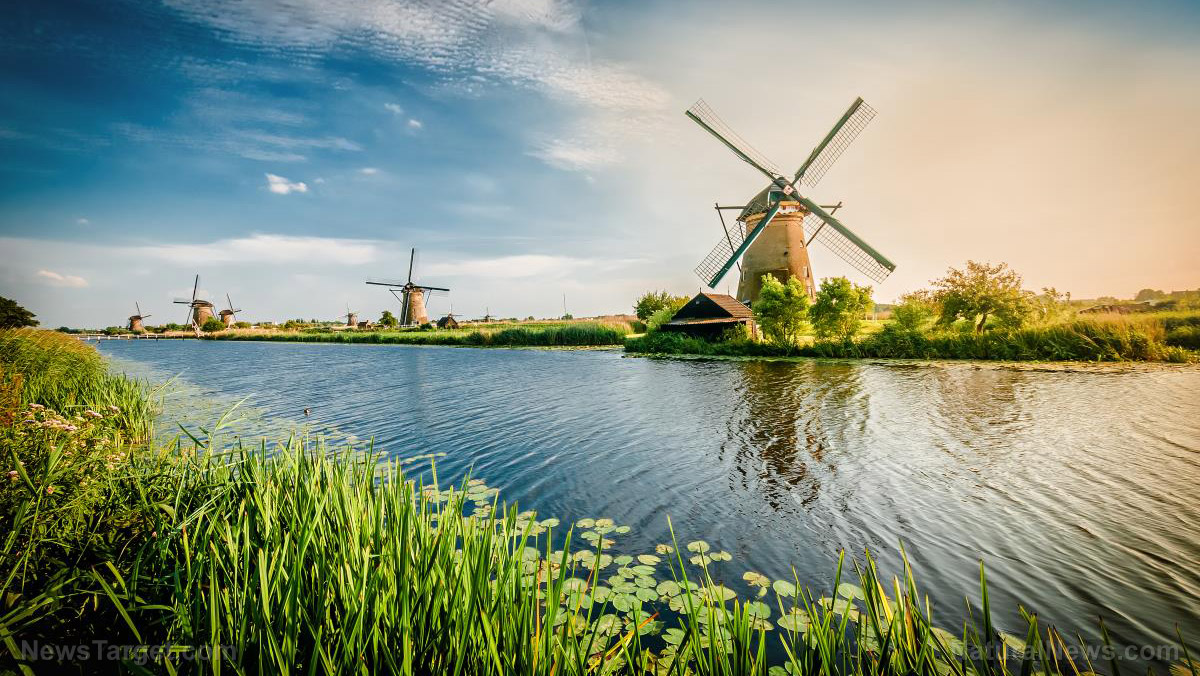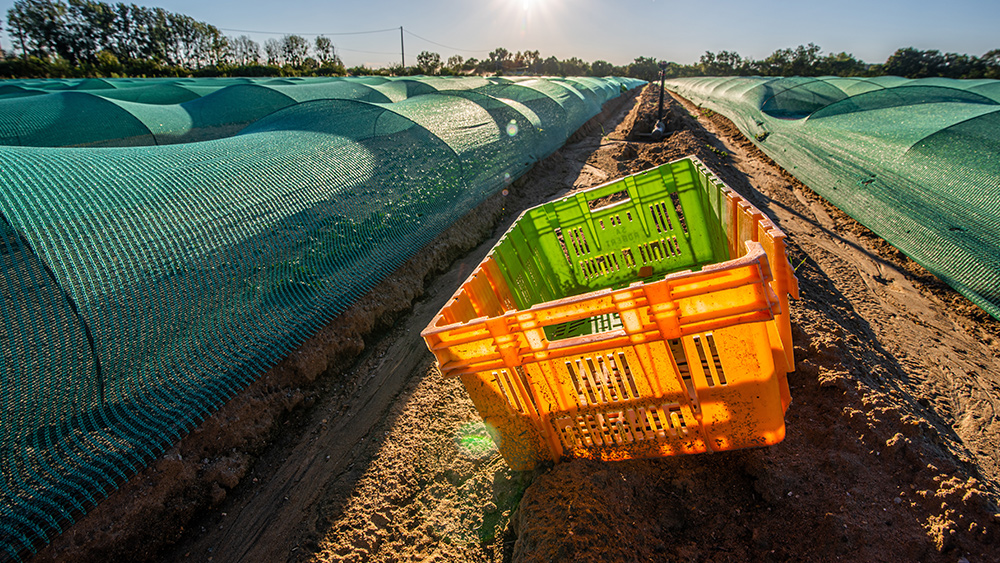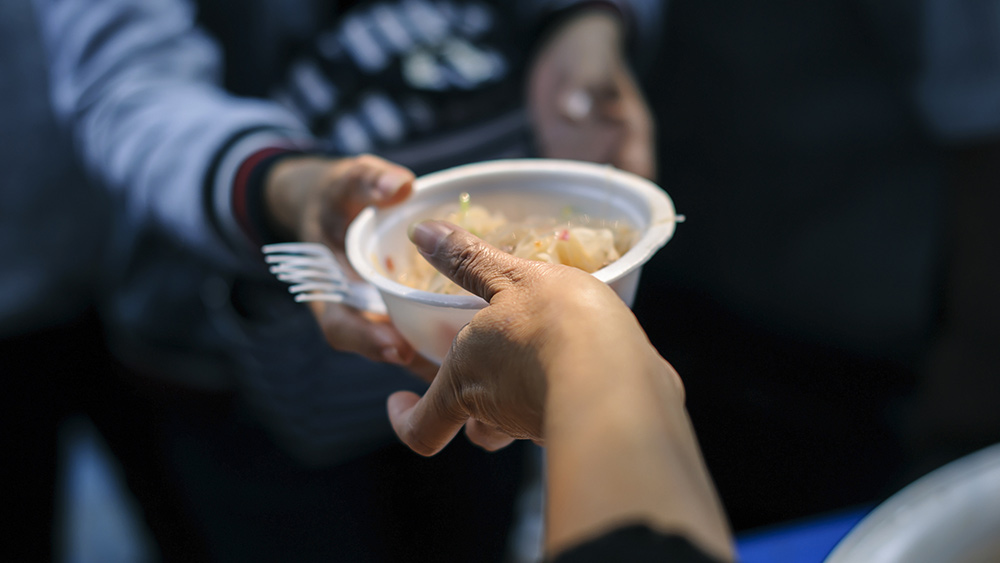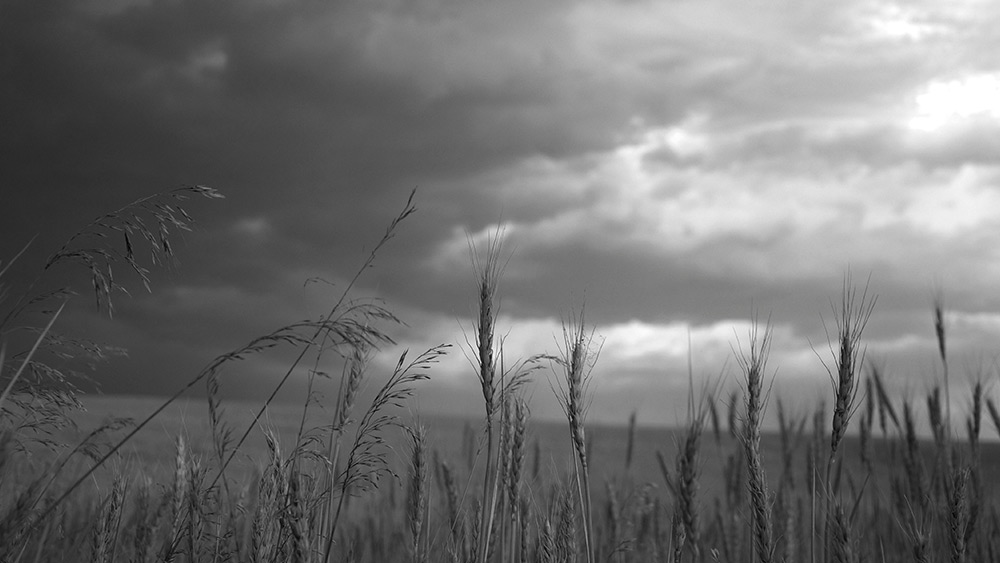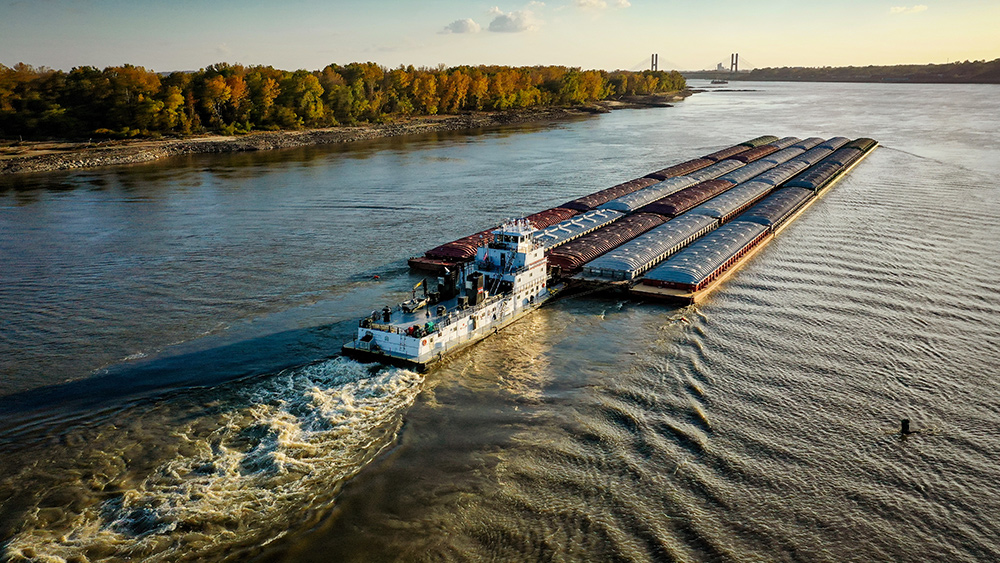Discretionary income evaporates as UK food inflation hits record high ahead of dark winter
11/11/2022 / By Ethan Huff

It is becoming harder and harder for ordinary people to eat in the United Kingdom, thanks to the worst cost-of-living crisis to strike the country in a generation.
Inflation is so out of control in the UK that many Brits are diving headlong into debt just to keep food on the table and heat in the house – not to mention the house itself.
According to a new survey published by research company Kantar, food inflation numbers in the UK are increasing at the fastest rate in 14 years, with annual grocery prices rising 14.7 percent just last month.
This nearly 15 percent jump is the biggest and fastest that Kantar has seen since the research firm first started tracking prices. (Related: At least 60 percent of Great Britain’s manufacturing sector is at risk of closure due to skyrocketing energy costs.)
Seven million UK families have “given up on heating, showers, and toiletries this year” due to inflation
In order to provide the same amount of food for their families as they did last year, Brits will have to pay £682 (about $800) more this year, according to the latest data.
Kantar discovered that more than one in four UK households, or around 27 percent, is now “struggling financially” due to skyrocketing inflation. This is double the amount that were suffering last November.
Nine in 10 respondents indicated that food inflation is their number-one concern this year, with energy bills being their second biggest concern.
“So it’s clear just how much grocery inflation is hitting people’s wallets and adding to their domestic worries,” Kantar said about the results.
One way that UK families are attempting to beat inflation is by switching from name brands to generic private-label brands. Brand name foods have increased in price by 10.3 percent over the last four weeks while generics have only risen by 0.4 percent.
The Joseph Rowntree Foundation conducted a survey as well that identified an even more shocking statistic. Right now, some seven million families across the UK have completely given up on heating their homes, taking showers, and buying toiletries and hygiene products because these things are now too expensive for them to afford.
After paying taxes for housing, heating, and food, 20 percent of UK earners in the second-lowest income bracket reportedly have nothing left to spend, Bloomberg reported.
Things are especially bad in the South East of the UK where London is located. There, inflation rates are nearly double what is being seen in the North East of the UK.
Northern Ireland has it the worst right now in terms of inflation, followed by the South East of Great Britain. Scotland, meanwhile, is faring the best overall.
“[Food price inflation] when compounded with the massive energy spending increases has been seen by many as a significant risk to the economic stability of the UK,” warns Walid Koudmani, the chief market analyst at the online investment platform XTB online trading.
“It is likely that food inflation will continue to increase as macroeconomic indicators have shown little sign of a slowing down in price growth while consumers continue to struggle with the ongoing cost of living crisis.”
The UK is also in the throes of a political crisis on top of a financial crisis and an energy crisis. The newest UK prime minister, Rishi Sunak, has the difficult task of suppressing inflation somehow while preventing social unrest. Good luck once the cold, dark winter arrives.
“Brits starving to death is a small price to pay so Albanians and other third world illegals can live in four-star hotels,” wrote a commenter about how “migrants” in the UK are being treated to luxury while the natives are forced to freeze and starve to death.
The latest news about the impending dark winter can be found at Collapse.news.
Sources for this article include:
Submit a correction >>
Tagged Under:
bubble, Collapse, dark winter, debt bomb, debt collapse, discretionary income, economic riot, energy crisis, food collapse, food riots, food supply, hunger, Inflation, migrants, money supply, pensions, risk, starvation, UK
This article may contain statements that reflect the opinion of the author
RECENT NEWS & ARTICLES
COPYRIGHT © 2017 FOOD SUPPLY NEWS

